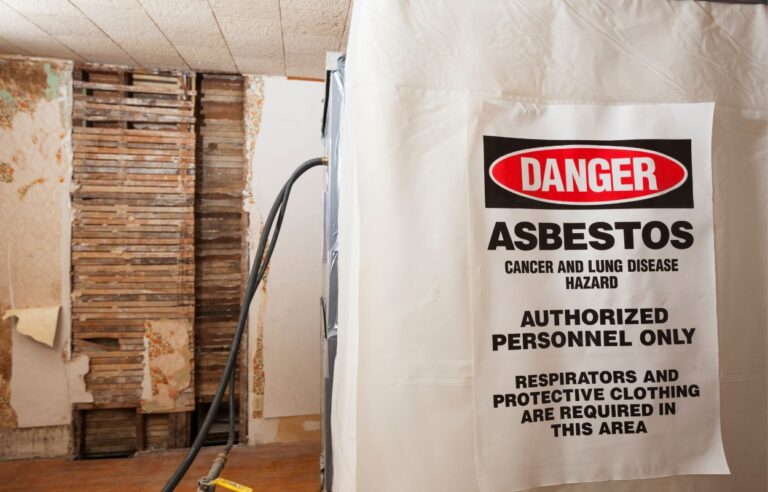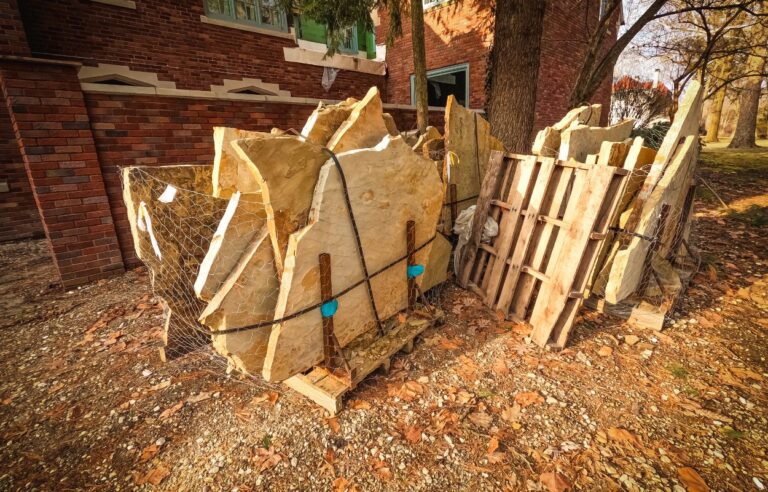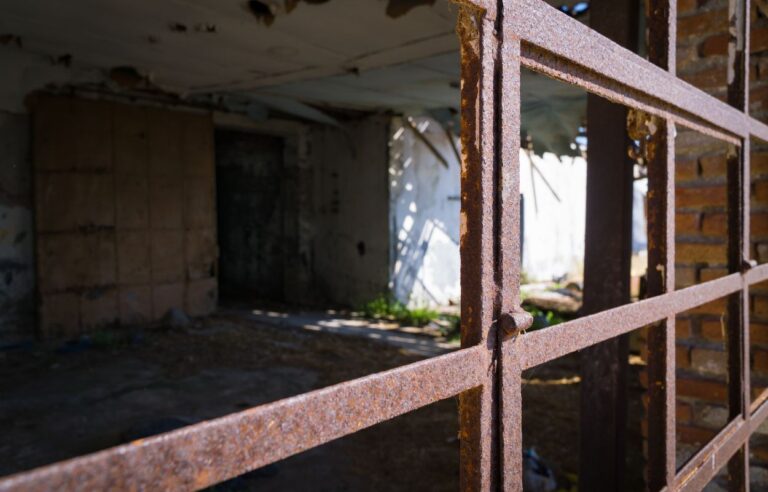
Deconstruction is a sustainable construction practice that involves carefully dismantling a building or structure to salvage materials for reuse or recycling. This eco-friendly approach has gained popularity in recent years due to its numerous cost benefits, making it a smart choice for both homeowners and commercial property owners. In this blog post, we will explore the various cost benefits of deconstruction that make it a compelling option for those looking to minimize their environmental impact and save money in the process.
ECONOMICAL RESOURCE RECOVERY
One of the most significant cost benefits of deconstruction is the recovery of valuable resources. When a building is deconstructed, materials such as wood, steel, concrete, and fixtures can be salvaged and reused in new construction projects. This reduces the need to purchase new materials, saving a substantial amount of money. Additionally, these salvaged materials often come at a lower cost than new ones, further contributing to cost savings.
LOWER WASTE DISPOSAL COSTS
Traditional demolition methods generate a significant amount of waste, which can be expensive to dispose of properly. Deconstruction, on the other hand, minimizes waste by reusing or recycling materials. This not only helps the environment but also reduces waste disposal costs, making deconstruction a more budget-friendly option.
TAX BENEFITS AND INCENTIVES
Many governments and municipalities offer tax incentives and rebates for sustainable construction practices, including deconstruction. By choosing deconstruction over demolition, property owners may be eligible for tax benefits, reducing the overall project cost. These incentives can make deconstruction an even more attractive option from a financial perspective.
REDUCED LABOR COSTS
Deconstruction can also lead to reduced labor costs compared to traditional demolition methods. Since deconstruction requires careful disassembly and salvaging of materials, it often involves a smaller workforce and shorter project timelines. This translates to savings on labor expenses, making deconstruction a cost-effective choice.
ENERGY EFFICIENCY AND OPERATIONAL SAVINGS
Deconstruction promotes energy efficiency by reusing materials, which reduces the energy required to manufacture new ones. Moreover, salvaged materials are often of high quality and can contribute to improved building performance. For example, using reclaimed wood in construction can provide excellent insulation, leading to long-term operational savings on heating and cooling costs.
INCREASED PROPERTY VALUE
Investing in sustainable construction practices like deconstruction can increase the value of a property. Potential buyers and tenants are increasingly attracted to eco-friendly properties, which can lead to higher resale or rental prices. This boost in property value can offset the initial costs of deconstruction, making it a financially sound choice in the long run.
In conclusion, the cost benefits of deconstruction are substantial and make it a viable option for property owners seeking sustainable and economical construction practices. By recovering valuable resources, reducing waste disposal costs, and taking advantage of tax incentives, deconstruction offers a win-win solution for both the environment and your wallet.
Additionally, the reduction in labor costs, operational savings, and increased property value further underscore the financial advantages of choosing deconstruction over traditional demolition. As we strive to build a more sustainable future, deconstruction stands out as a practical and cost-effective way to achieve our goals while also saving money. So, when considering your next construction or renovation project, remember the significant cost benefits of deconstruction.
